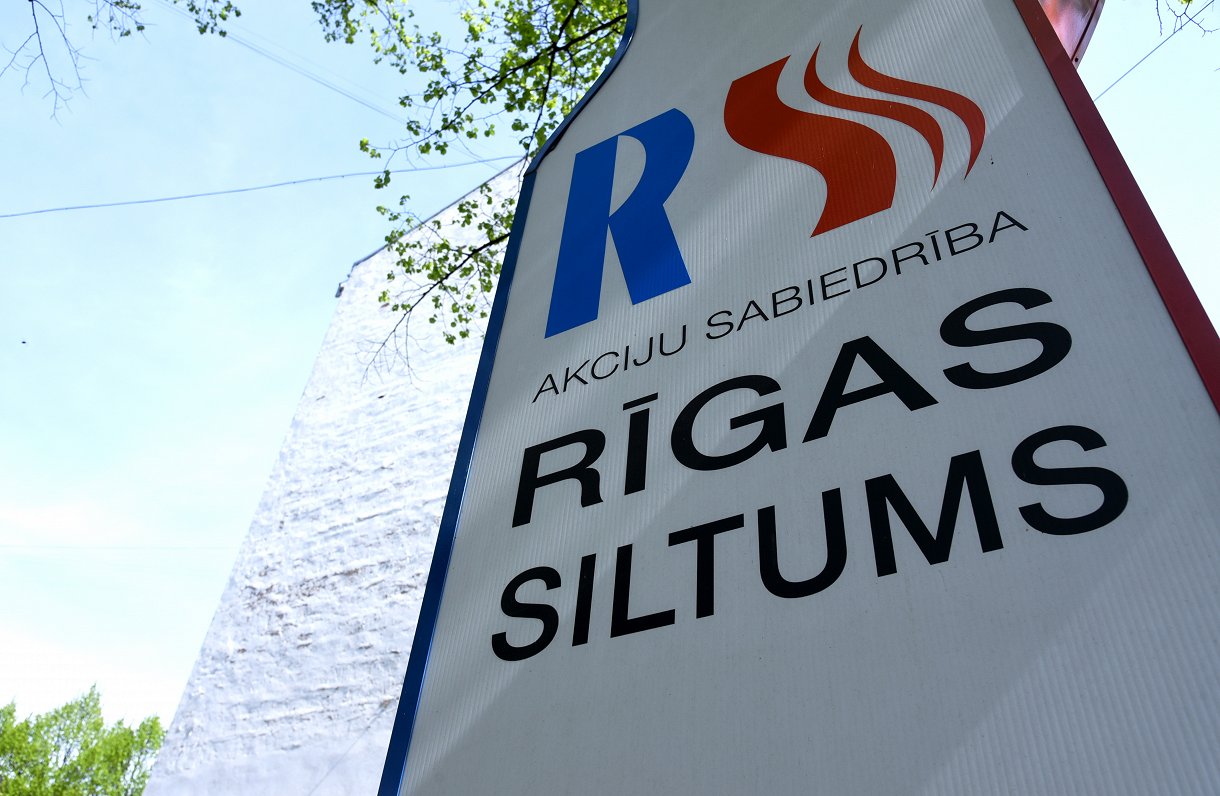The largest heating arrears are among residents in Rīga. Tatiana Kuļešova, Head of the Commercial Department of Riga Heat JSC, said that by March, 4% of residents had not paid for heating, but a similar situation is repeated every year.
"At the moment it [the debt] is almost 10 million. But this situation changes every day. The payment discipline, unfortunately, does not change for the better, it is at about the same level," said Kuļešova.
Arnis Uzaris, chairman of the board of Ventspils Heat, said that Ventspils residents do not owe much for heating because they have been paying directly to the heating company for about five years.
"We have a very serious department of customers and also those who identify these debtors and work with each of them individually. We have direct billing, which is simpler in a way. We are also very aware that someone has to recover this money for the service provided, identify these amounts if they increase, and then warnings are sent in good time. Less conflict and more results," Uzaris concluded.
It should be noted, however, that Ventspils has only 300 apartment buildings, while Riga has more than 5,800.
Valdis Vītoliņš, chairman of the board of Jūrmala Heat, said that 2-3% of the population in Jūrmala owes money for heating and the situation is stable. In Jūrmala, 75-80% of homes are heated with wood chips.
"Last year we commissioned two new biomass boiler houses. We mostly heat with wood chips. During peak loads, which are cold winter periods, we also heat a little with natural gas," explained Vītoliņš.
Tariffs in Jurmala have now stabilized, natural gas has already been procured for the next heating season, as well as deliveries and purchases of wood chips. "The tariff, which is now around 70 euros, will most probably be the same for the next heating season, if there are no shocks," Vītoliņš said.
Meanwhile, Ventspils does not heat with gas, but uses wood chips as its main fuel, with a small amount of pellets and diesel. Heating tariffs are said to have fallen.
"Chip prices were about a quarter or more lower last year. Our [Ventspils] tariff is regularly decreasing. If there is a change of 50 euro cents, for example in fuel prices, then we can reduce the tariff ourselves. At the moment, our tariff is €78.01 per megawatt-hour. It is stable now, but if the new purchase prices for wood chips are lower, the tariff will also go down," Uzaris explained.
Rīga Heat buys 70% of its heat, mainly gas, from Latvenergo, and wood chips from five independent suppliers.
The company produces 30% of its own heat and 59% of its own wood chips. Heating tariffs were changed four times last year.
"At the start of the 2023-2024 heating season, and the last one, we had a tariff of 87.57 euros per megawatt-hour. We continue to work actively towards a green course. We are now thinking about using more residual heat, we are also looking at wind, solar, and innovative technologies to produce heat more efficiently and to make it more competitive, safer and cheaper," explained Kuļešova of Rīga Heat.
Rīga Heat has now submitted the tariff reduction changes to the Public Utilities Regulatory Commission. The planned price from 1 June is EUR 82.63, and from 1 October - EUR 76.49 per megawatt-hour.






























